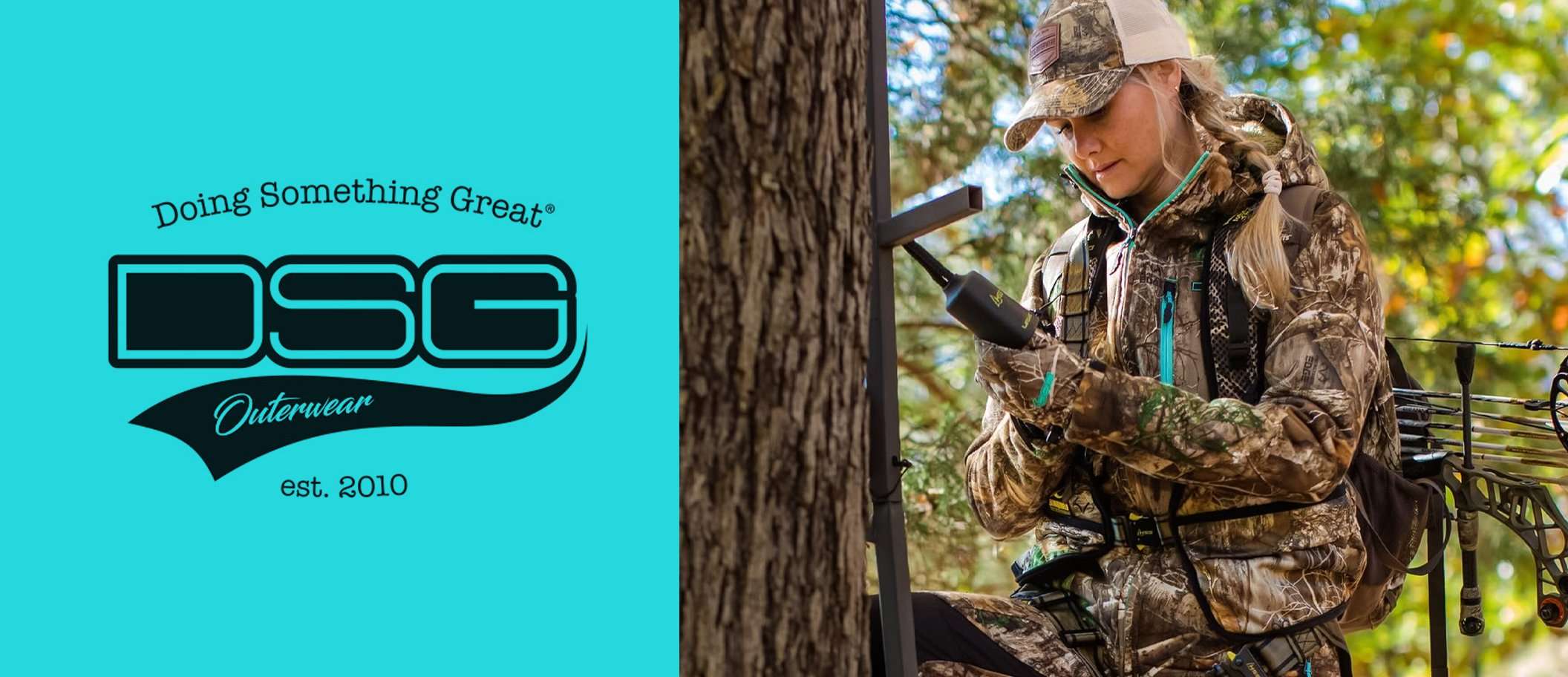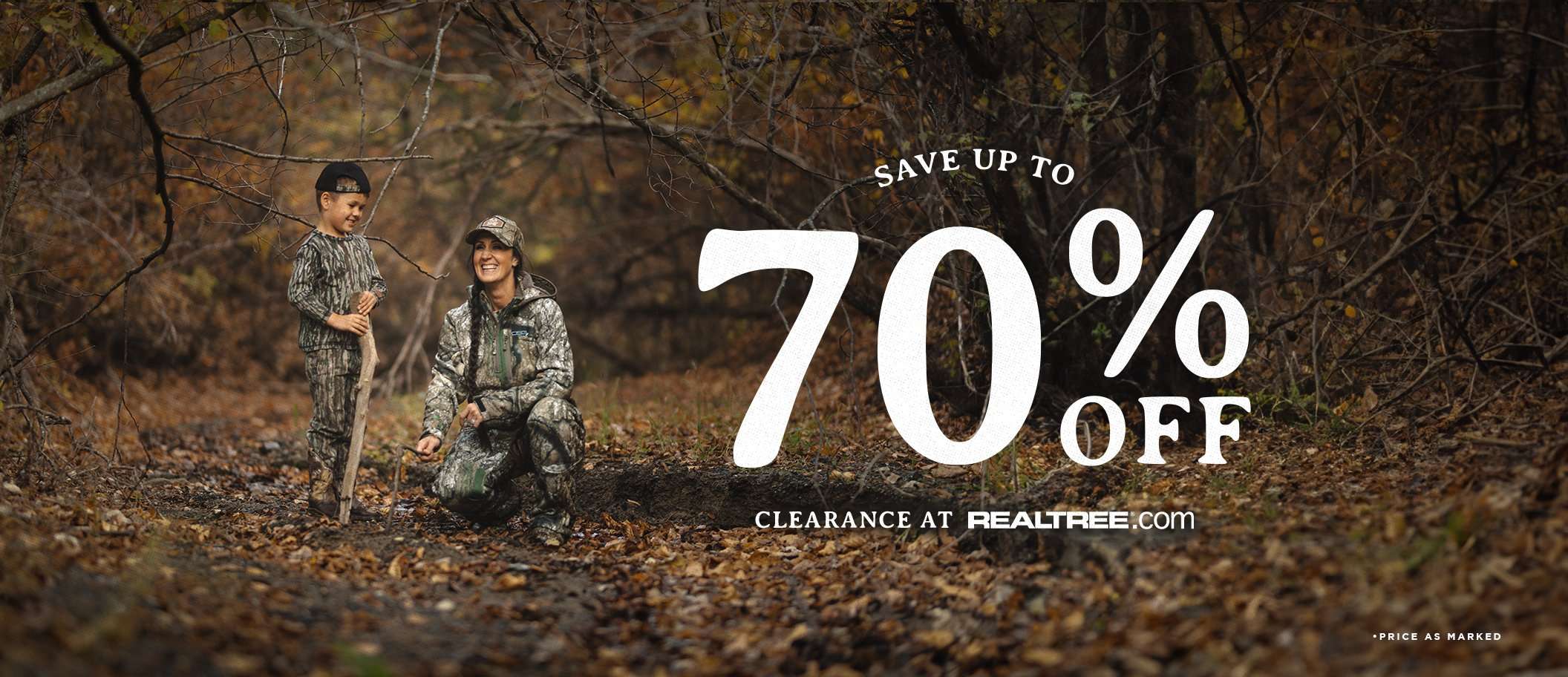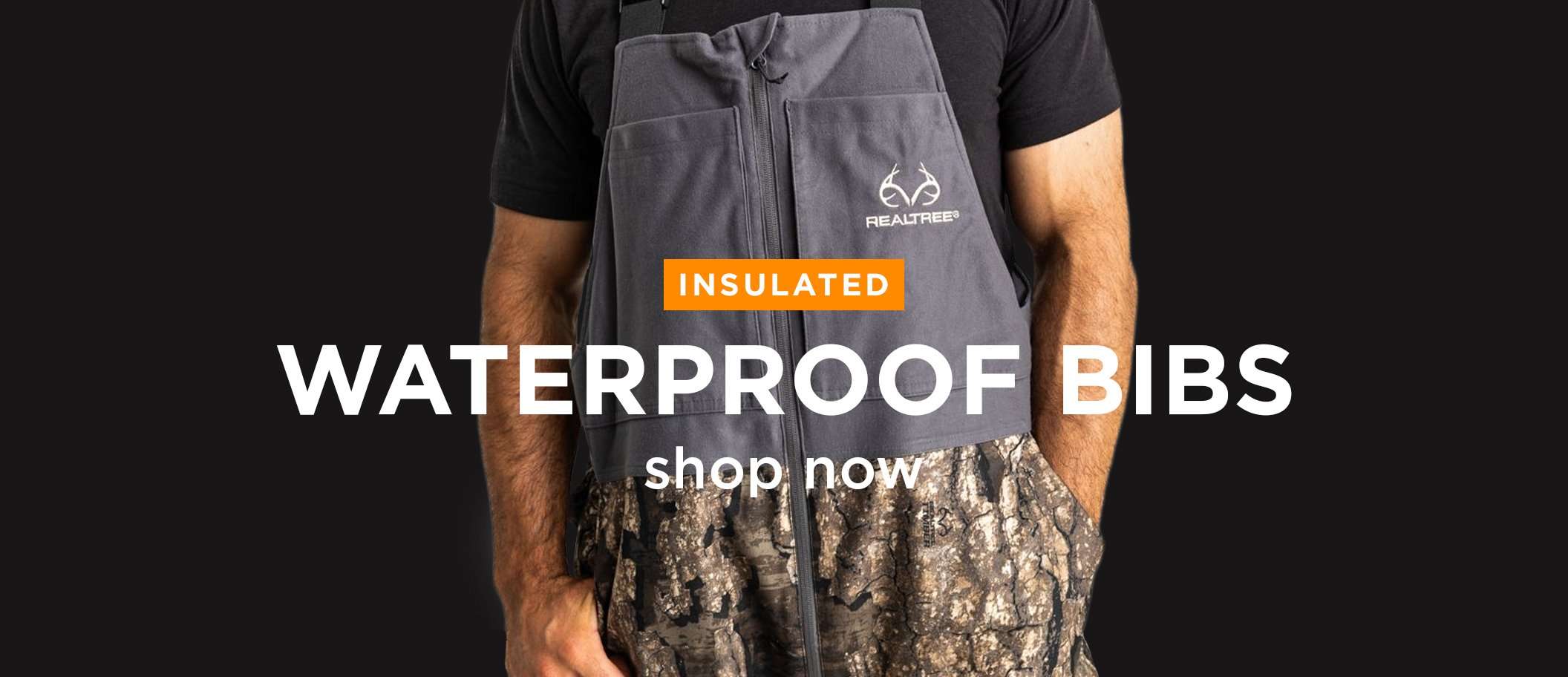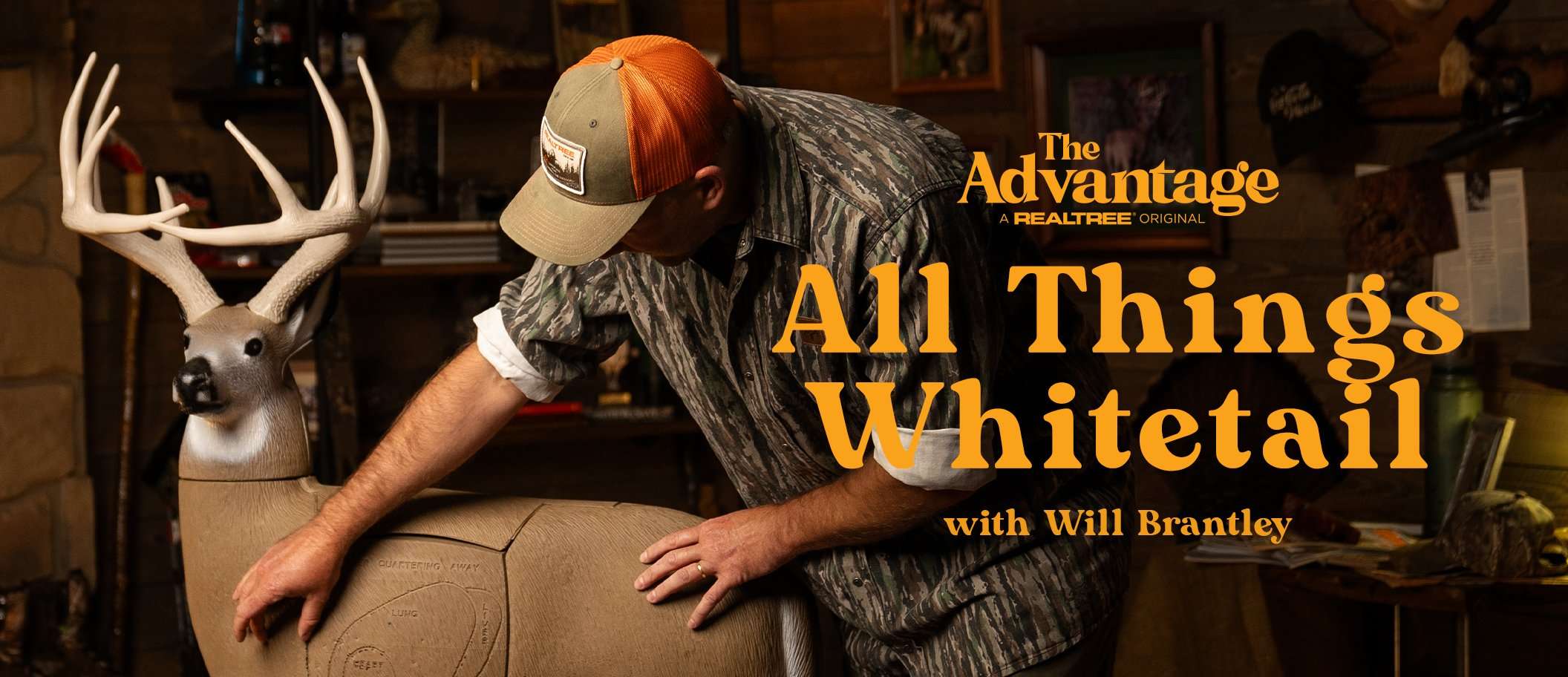Joshua Wingenroth plans to appeal the verdict
A Pennsylvania man has been convicted of violating state laws for using drones to help hunters locate deer after they shot them.
Fox News reports that Joshua Wingenroth, 35, of Downingtown, plans to appeal the verdicts. This was the first time anyone has been cited and tried in Pennsylvania for using a drone to recover a dead game animal. The outcome of the case hinged on whether Wingenroth was involved in hunting as defined by state law.
"The Legislature needs to address this," Lancaster County District Judge Raymond Sheller said as he delivered his verdict. "Everyone is playing catchup to science."
Game wardens told Wingenroth, who advertised his business in area publications, that his actions were illegal. But Wingeroth told them his lawyer "has a different interpretation" of the law.
On December 6, an undercover game commission officer contacted Wingenroth about acquiring his help to find a deer he shot in the Welsh Mountain Nature Preserve. Wingenroth met the officer and had him sign a waiver stating he wanted to recover the deer carcass, but if the deer was found to still be alive, he agreed to "hunt the deer another day."
Unaware that it was a sting operation, Wingenroth launched a drone and remotely piloted it while using a thermal camera setting to survey the area. When he caught view of a live deer, he turned on the camera’s infrared setting to show it on a heat map.
He then turned that setting off and activated a spotlight to view the deer normally. Then, a game warden approached Wingenroth and the undercover officer. The game warden confiscated the drone and cited Wingenroth for two counts of using illegal electronic devices during hunting and single counts of disturbing game or wildlife and violating regulations on recreational spotlighting.
Authorities say since the legal definition of hunting includes tracking, hunting, and recovery, Wingenroth technically used the drone to "hunt" game. He was convicted on all four counts and fined $1,500.
Michael Siddons, Wingenroth’s attorney, said his client planned to appeal the verdict. Siddons claims the state laws concerning the use of devices while hunting are "archaic," and although they’ve been modified over time to cover new technologies, they don’t address the use of drones.
Siddons explained that it would have been considered illegal poaching had Wingenroth used the drone to locate an animal before shooting it, but Wingenroth used the drone to locate a deer he believed to be dead. In addition, he used the drone after hunting hours had ended and had never planned to hunt.













